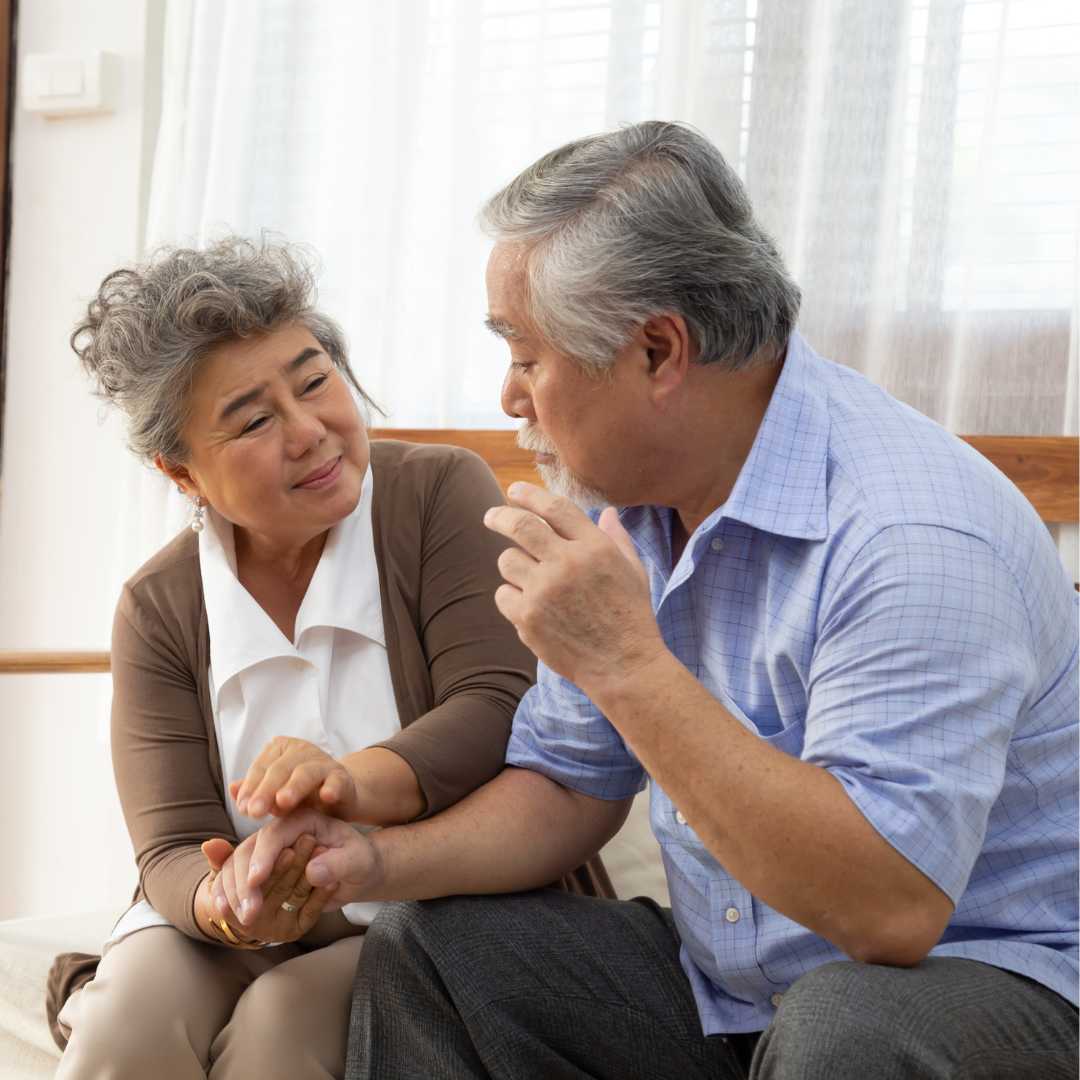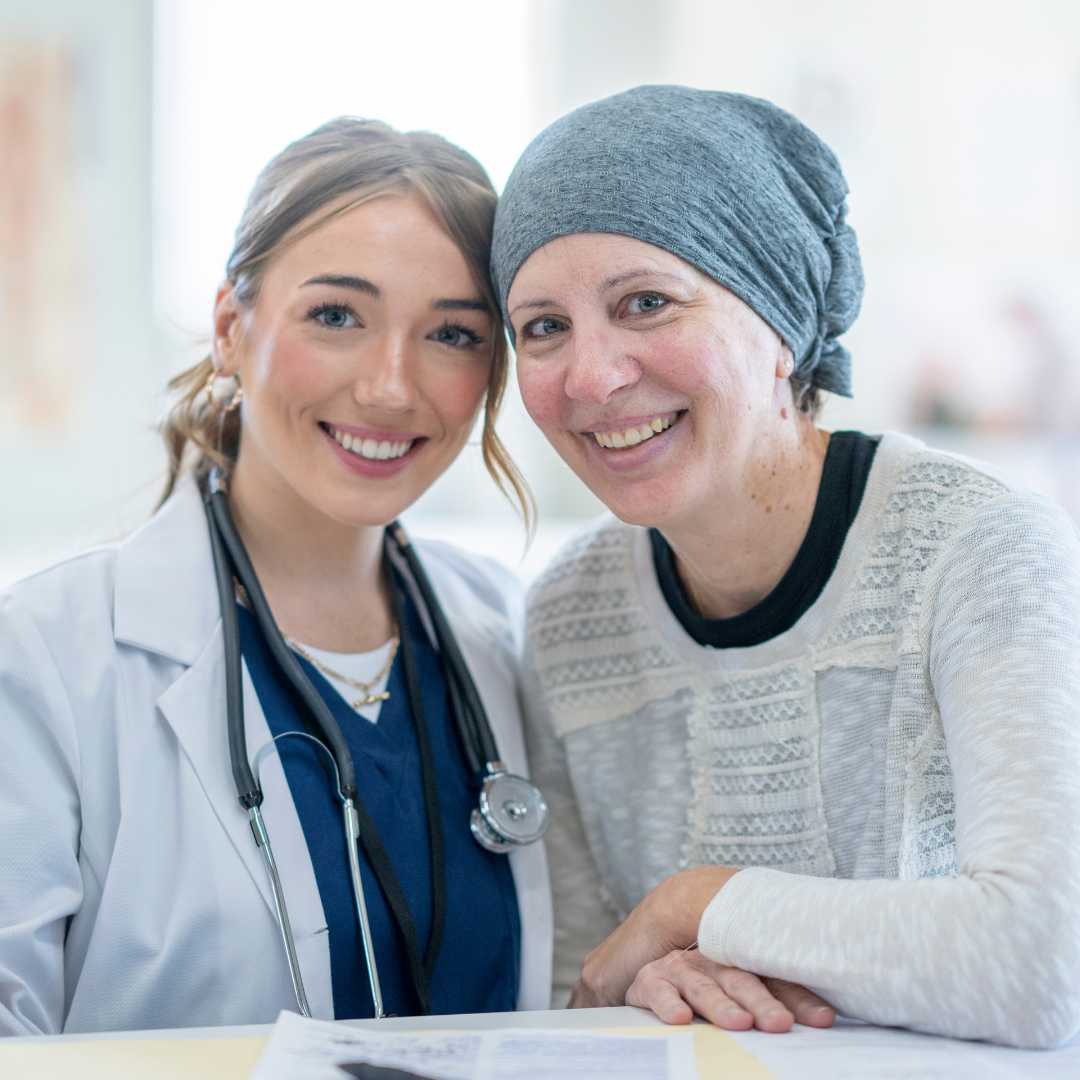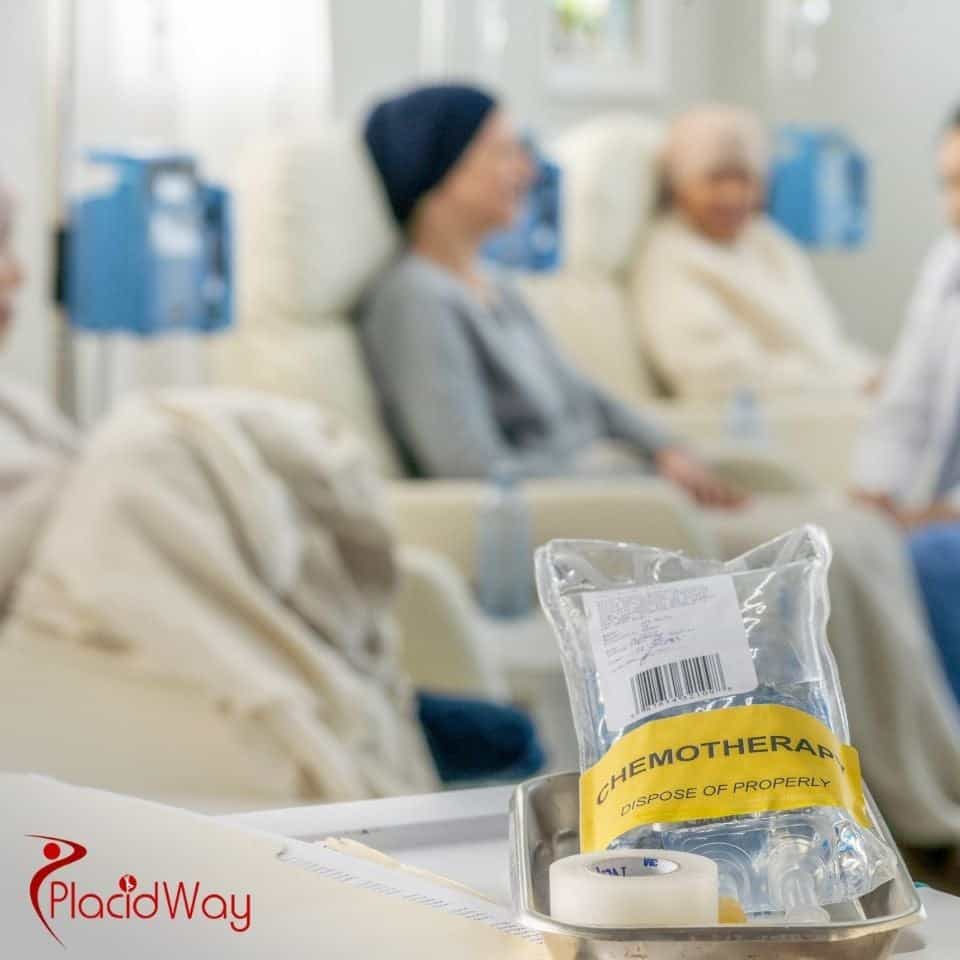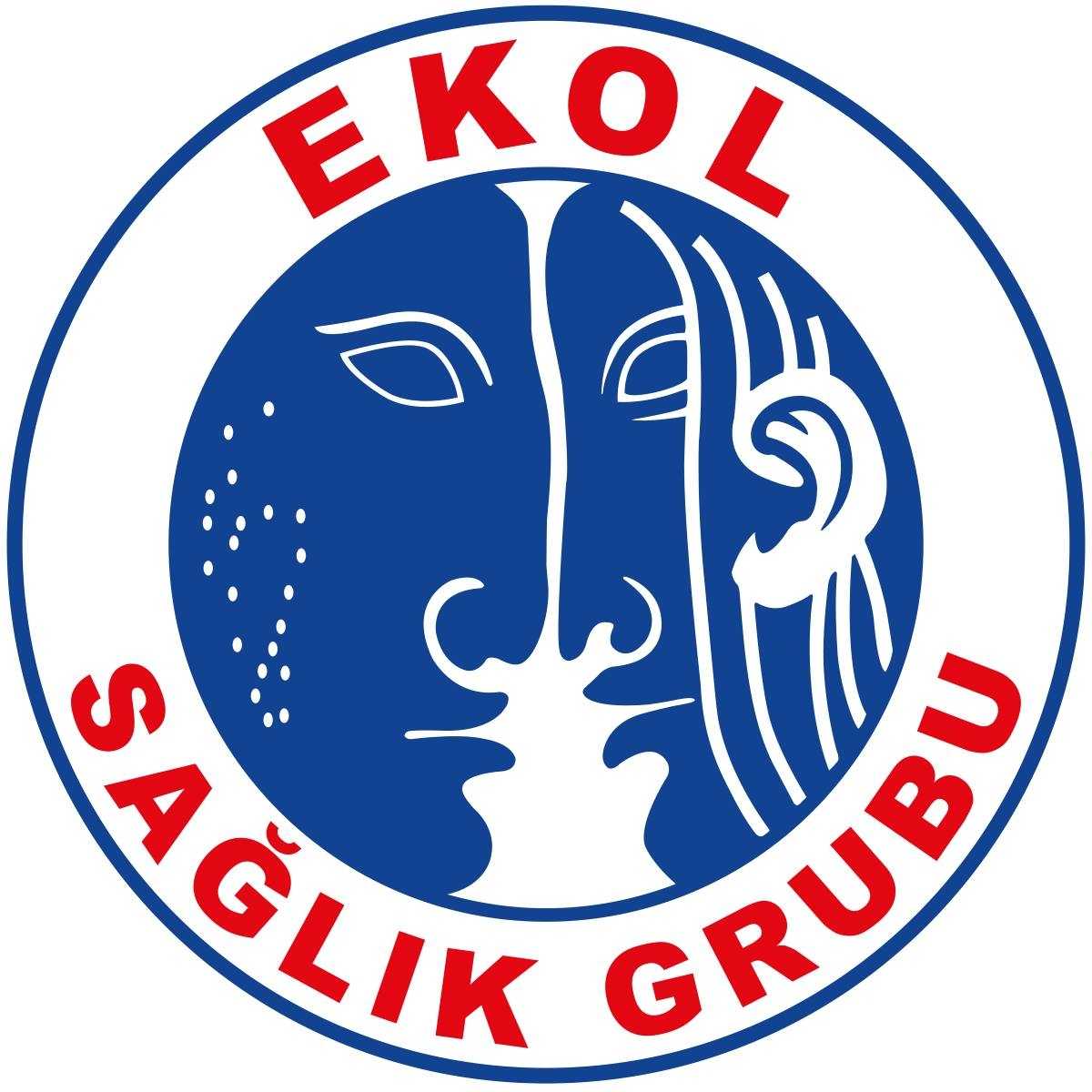Chemotherapy in Turkey: What to Know Before You Go
.png)
Chemotherapy is a challenging journey, and the decision to travel for treatment is a significant one. If you're considering chemotherapy in Turkey, you're looking at a destination known for combining high-quality medical care with competitive pricing. Many patients from around the world are choosing Turkey for their cancer treatment due to its modern hospitals, skilled medical professionals, and advanced technologies.
What is the cost of chemotherapy in Turkey?
Here is a general comparison of chemotherapy costs to help you visualize the potential savings:
| State | Average Chemotherapy Cost (per cycle) |
|---|---|
| Turkey | $1,000 - $6,000 |
| United States | $10,000 - $100,000+ |
| United Kingdom | $7,000 - $30,000+ |
| Germany | $15,000 - $40,000+ |
It's clear that the financial benefit is a major draw for medical tourists. The total cost of a full course of treatment in Turkey can range from $5,000 to $10,000, which is still a fraction of the price in other countries.
Are the hospitals and doctors in Turkey reliable for chemotherapy?
Some of the most reputable hospitals for oncology treatment include:
- Ac?badem Hospitals Group
- Memorial ?i?li Hospital
- Anadolu Medical Center
- Liv Hospital
- Medipol University Hospital
- Medicana International Hospital
These hospitals often have multidisciplinary teams that collaborate to provide comprehensive care. They offer a range of treatments, from traditional chemotherapy to newer, more targeted therapies. Before you choose a hospital, it's a good idea to research the specific facility, read patient reviews, and verify their accreditations to ensure you are receiving the best possible care.
How long does a typical chemotherapy treatment plan take in Turkey?
What should I expect during my first chemotherapy session in Turkey?
Starting Chemotherapy in Turkey: What to Expect on Day One
-
Beginning chemotherapy can be stressful, especially in a new country, but knowing the process can help you feel more prepared.
-
Patients are usually asked to arrive a couple of hours early for blood tests to ensure the body is ready for treatment.
-
Once cleared, you’ll be taken to a dedicated infusion room designed for comfort, often with reclining chairs or beds, personal TVs, and Wi-Fi.
-
A nurse will start an IV, and you may receive pre-medications to manage side effects like nausea or allergic reactions.
-
Chemotherapy drugs are then administered, which can take several hours.
-
Nurses closely monitor your vital signs throughout the procedure.
-
The medical team is available to answer any questions during treatment.
-
It’s recommended to have a friend or family member accompany you, especially on the first day, as side effects may make travel difficult.
What are the common side effects of chemotherapy and how can I manage them?
Chemotherapy drugs target rapidly dividing cells, including cancer cells, but they can also affect healthy cells in your body. This is what causes side effects. The severity and type of side effects you experience depend on the specific drugs and your individual health. The medical staff in Turkey will provide you with a list of potential side effects and what to do if they occur.
Common side effects include:
- Fatigue: This is a very common side effect. It is a deep, overwhelming tiredness that doesn't go away with sleep. It's important to rest and not push yourself too hard.
- Nausea and Vomiting: Your doctor will prescribe anti-nausea medications, which are very effective at controlling these symptoms. Eating small, frequent meals and avoiding strong odors can also help.
- Hair Loss: Hair loss is a common and often distressing side effect. It can start one to three weeks after your first treatment. Some people choose to cut their hair short or shave their heads beforehand.
- Low Blood Counts: Chemotherapy can lower your white blood cell count, making you more susceptible to infections. It's crucial to practice good hygiene and avoid crowds.
- Mouth Sores: These can be painful. The medical team will provide guidance on special mouthwashes and other care to prevent and manage them.
- Neuropathy: This is nerve damage that can cause tingling or numbness in your hands and feet. It's important to tell your doctor about this symptom as it can be a sign that your medication dose needs to be adjusted.
It is important to communicate openly with your oncology team about any side effects you are experiencing. They can adjust your medication or recommend other treatments to help you feel more comfortable.
How should I plan for travel and accommodation for chemotherapy in Turkey?
Since chemotherapy treatment in Turkey often requires multiple visits over several months, planning for travel and accommodation is vital. You will likely need to stay in the country for a period of weeks or even months. Many medical tourism agencies specialize in helping patients with these logistics. They can arrange:
- Flights and airport transfers.
- Accommodation near the hospital, which may include hotels, serviced apartments, or residences.
- Transportation between your accommodation and the hospital.
Can I get emotional support during my chemotherapy treatment in Turkey?
Emotional Support During Chemotherapy in Turkey
-
Undergoing chemotherapy is physically and emotionally challenging, and holistic care is crucial.
-
Many modern hospitals in Turkey provide trained teams, including nurses and patient coordinators, to offer emotional support and guidance.
-
These teams are available to answer questions and help you navigate the treatment process.
-
Some medical tourism companies connect patients with support networks, including online or local cancer support groups.
-
Sharing experiences with others facing similar challenges can be very helpful.
-
Bringing a trusted family member or friend to Turkey provides a familiar face and strengthens your support system during treatment.
How do I handle language barriers during my treatment in Turkey?
Communication Support for International Patients in Turkey
-
Many international patients worry about language barriers, but top Turkish medical facilities address this effectively.
-
Hospitals catering to medical tourists have dedicated international patient departments.
-
Patient coordinators fluent in English and other major languages act as a bridge between you and medical staff.
-
Coordinators assist with scheduling, translating medical information, and answering non-medical questions.
-
They also help navigate cultural differences and ensure a smooth experience.
-
Using a medical tourism agency offering these services can guarantee clear communication throughout your treatment journey.
What should I do to prepare my body for chemotherapy in Turkey?
Preparing your body for chemotherapy is crucial for a successful treatment and recovery. This begins even before you leave your home country.
- Prioritize Rest: Fatigue can be a major side effect, so start your treatment with a well-rested body.
- Stay Hydrated: Drink plenty of water. Dehydration can worsen side effects like nausea and fatigue.
- Maintain a Healthy Diet: A nutritious diet can help your body tolerate the treatment better. Focus on eating a balanced diet with plenty of fruits, vegetables, and lean protein.
- See a Dentist: Chemotherapy can increase the risk of mouth infections. It's a good idea to have a dental check-up before you start treatment to address any existing issues.
- Prepare for Hair Loss: Talk to your doctor about whether your specific treatment will cause hair loss. If it will, you can prepare by purchasing wigs, hats, or scarves beforehand.
Discuss all of these preparation steps with your oncology team in Turkey, as they will have specific recommendations based on your individual treatment plan.
Will I be able to work or study while undergoing chemotherapy?
What are the post-treatment follow-up and care options in Turkey?
After you complete your course of chemotherapy in Turkey, the care does not stop. You will need to have regular follow-up appointments with your oncologist to monitor your progress and check for any signs of recurrence. These follow-ups may include blood tests, scans, and other diagnostic procedures.
Many hospitals in Turkey offer comprehensive post-treatment care, and your medical team will create a personalized plan for you. The plan will outline follow-up check-ups and strategies for managing long-term side effects. Some patients stay in Turkey to recover, while others continue care at home with coordinated support from Turkish and local doctors.




.png)


.png)

.png)
.png)








Share this listing